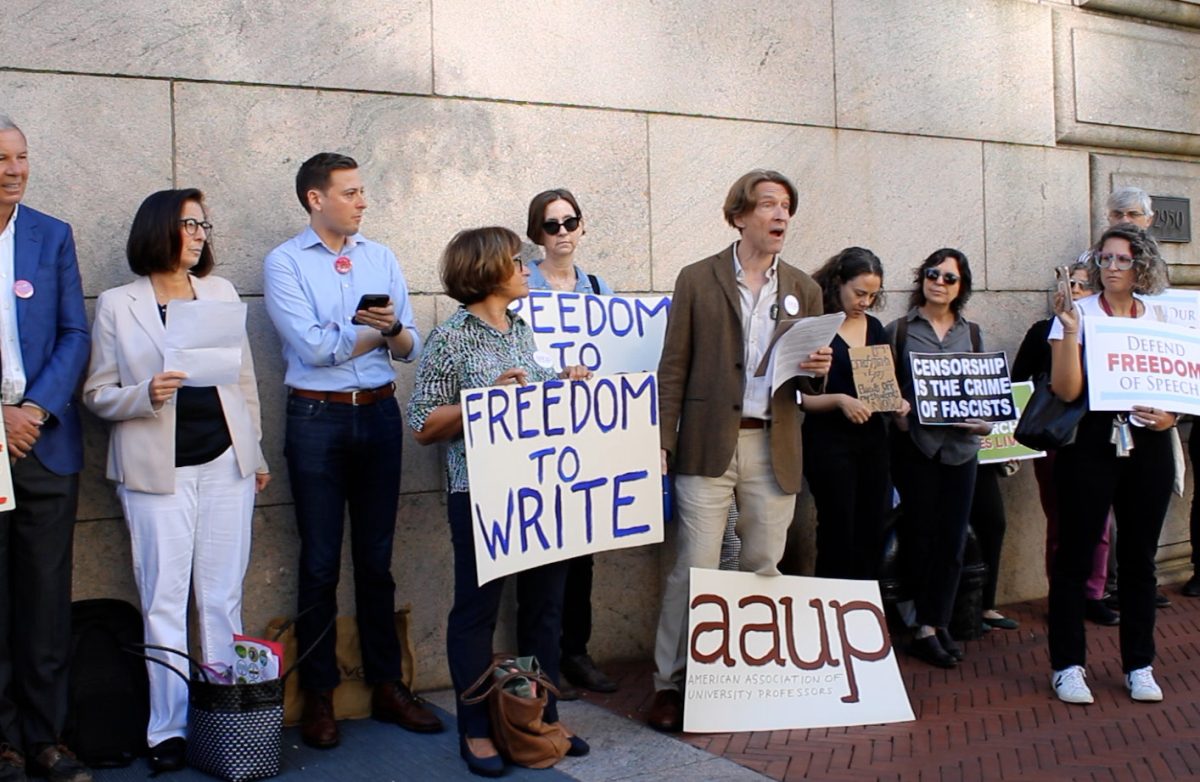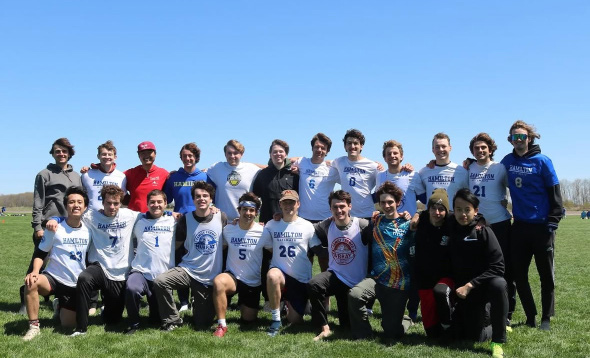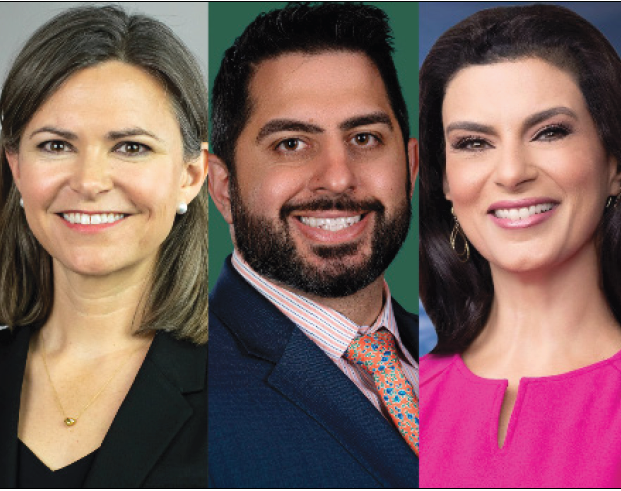
This summer I had the pleasure of working at Wediko Children’s Services in their Summer Program as a residential counselor. Wediko is a non-profit organization that provides therapeutic and educational services to children with serious emotional and behavioral problems and their families. The Summer Program is a 45-day inpatient program in which children ages 9–19 develop strengths, interests, and hidden talents. The community of care at the Wediko Summer Program was one forged through mutual struggle and quite liter- ally blood, sweat, and tears.
When I first arrived to Wediko, I had no concept of what I was getting myself into or how challenging the work would be. When you spend every waking minute with 8–10 children with a plethora of disorders, including (but not limited to) Bipolar Disorder, Reactive Attachment Disorder, Post-Traumatic Stress Dis- order, and Autism Spectrum Disorder, you inevitably run into challenges. New staff, like myself, do not always come to the Summer Program equipped to deal with the myriad challenges that the Summer Program brings, which is why the training period is so crucial. In this first week, in addition to the therapeutic interventions and behavior trauma saturated approach we were instructed to take, a concept called “ubuntu” was repeatedly brought up. Ubuntu is critical to the zeitgeist of the Wediko Summer Program, and I believe it should be critical to the Hamilton community as well.
Ubuntu is a Nguni Banti term that is best translated as: “I am because we are.” In a more philosophical sense, the term ubuntu is: there is a totality of the human experience encompassed by sharing and by community. Ubuntu means that you are a reflection of the people around you just as they are a re- flection of you. The ‘I am’ is not rigidly defined, rather it is a dynamic self-constitution that is wholly reliant on other- ness and distance to other human beings. This term was made popular and culturally relevant by Desmond Tutu during South Africa’s transition to democracy in 1994. Tutu was the chairman of the Truth and Reconciliation Commission, and used this philosophy to structure the work that the TRC did.
Ubuntu became a term synonymous with community and the interwoven nature of the human experience. President Barack Obama, in his eulogy of Nelson Mandela, proclaimed that ubuntu captures the very essence of Mandela. “[Mandela’s] recognition that we are all bound together in ways that are invisible to the eye; that there is a oneness to humanity; that we achieve ourselves by sharing ourselves with others, and caring for those around us,” Obama said.
My time at Wediko instilled in me the importance of ubuntu. I would have been incapable of surviving the summer without those around me, let alone be the clinical staff member that the children in my care needed me to be.
Through the hardships and the successes, through the frustration and the breakthroughs, I felt fully enmeshed in the community of the Wediko Summer Program. When I came back to Hamilton, I acutely felt a loss of this communal love, appreciation, support, and understanding. The time period between the children leaving our care and the staff returning to the real world is called “re-orientation.” During this time period we attempted to come to terms with the experience, as well as spend our several last precious days with the people we’d come to know and love. First year staff were told that the re-entry to “normal” life would be a jarring one. I must admit I was not prepared for quite how difficult it would be.
We are a small campus. There is no reason that we should not have the sense of community and a mutual existence afforded to a group of our size. Yet this campus seems to be incredibly polarized. People are defined by their in-group, and often seem to have troubles connecting with or relating to those who are outside their tight knit group of friends. When you walk down Martin’s Way and at- tempt to make eye contact or greet those in passing, more often than not your greeting is ignored. On the weekends people socialize with members of their in-group, rarely stepping outside of their well-established routines. I contend that Hamilton could benefit from trying to be more ubuntu.
The relationships and context of the Wediko Summer Program made relying on those around you and stepping out- side of your comfort zone a necessity. It isn’t hard to see how a community grows tightly interwoven when your physical safety and the safety of the children entrusted to your care depends on any random individual on setting. There was great comfort in knowing that truly any- one would go out of their way to sup- port you or assist you if you needed help, whether or not you asked for it. This is something that I don’t see at Hamilton.
I’m aware that the context of Wediko is different than Hamilton in some regards, but in many ways it is similar. At both the Summer Program and Hamilton, young adults grapple with emotional and physical challenges. In both places, I am asked to be the best self that I can be, and I am forced to rely on the people around me and the community as a whole if I am to succeed to the best of my abilities. At Hamilton we may not be doing daily therapeutic interventions, but we struggle with academics, extra- curricular demands, leadership positions in clubs, athletics, jobs on campus, and a whole host of other stressors.
We as a community must become more inclusive and aware of those out- side of our in-group. There is a sense of wholeness and inclusivity that Hamilton lacks. Rarely in Commons or Diner do you see people sitting with people they don’t know intimately well, and students that choose to eat alone are never (to my knowledge) approached and asked if they want company. Students that are visibly upset don’t receive care from “strangers” on this campus. Some- thing as simple as asking how someone is doing or offering them a hug can be all it takes to turn their day around. No one on this campus should be made to feel “other.”
I think that there is an inherent in- difference we must, as a community, strive to overcome. I recognize that I’m coming off as awfully idealistic at best, foolishly naive some would say, but I’m gripped by utter conviction. Many of the issues that students raise when polled on this campus could be addressed by a stronger sense of community and be- longing. Fostering a sense of unity is impossible without buy-ins from individuals. I charge you to make the change you wish to see.
I wish I could say with certainty that if I was struggling I could ask a random passerby in KJ or the Science Center to help me, but I don’t know that they would. I realize that this may be a pipe dream, and that this philosophy of ubuntu may seem like it has no relevance to life at Hamilton. We are in an isolated bubble on the Hill, we are a reflection of those around us. Like it or not, our experience is dependent on the community of the College as a whole. If the attitudes towards a community of care, love, and genuine empathy were more “ubuntu-esque”, I believe we as a Hamily would benefit.

















